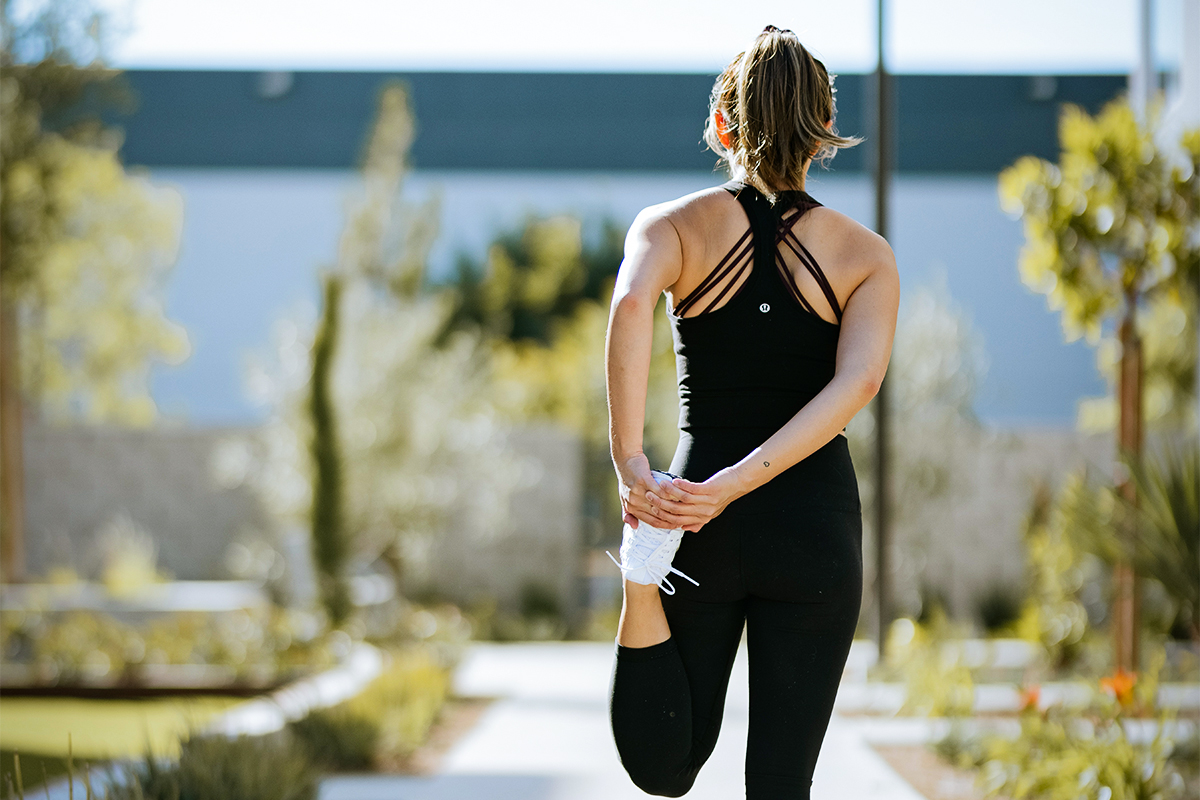Joints play a critical role in our daily lives, allowing us to move, bend, and engage in various activities. Maintaining healthy joints is crucial for optimal mobility and overall well-being. In this science-oriented blog post, we will explore evidence-based strategies to help you keep your joints healthy and functioning well throughout your life.
- Maintain a Healthy Weight
Maintaining a healthy weight is essential for joint health. Excess weight puts additional stress on your joints, particularly weight-bearing joints like the knees and hips, increasing the risk of joint damage and degeneration. By achieving and maintaining a healthy weight through a balanced diet and regular exercise, you can reduce the strain on your joints and promote their longevity.
- Engage in Regular Exercise
Regular exercise is vital for keeping your joints healthy and strong. Low-impact activities such as walking, swimming, cycling, and yoga can improve joint flexibility, strengthen supporting muscles, and reduce joint pain. Aim for at least 150 minutes of moderate-intensity aerobic exercise per week, along with strength training exercises to maintain joint health.
- Protect Your Joints during Physical Activity
When engaging in physical activities or sports, it is crucial to protect your joints from injuries. Wear appropriate protective gear such as helmets, knee pads, and wrist guards. Warm up before exercise to increase blood flow to the joints and use proper technique and form to prevent unnecessary stress on your joints.
- Incorporate Joint-Friendly Foods in Your Diet
A healthy diet can support joint health by providing essential nutrients. Incorporate foods rich in omega-3 fatty acids, such as fatty fish (salmon, mackerel) and chia seeds, as they have anti-inflammatory properties that can help reduce joint pain and inflammation. Additionally, consuming a variety of fruits, vegetables, whole grains, lean proteins, and healthy fats can provide the necessary vitamins and minerals for maintaining healthy joints.
- Stay Hydrated
Staying hydrated is important for joint health. Water helps lubricate the joints and cushions the cartilage, reducing friction and promoting smooth movement. Aim to drink an adequate amount of water throughout the day, and hydrate before, during, and after exercise to support optimal joint function.
- Practice Proper Posture and Body Mechanics
Maintaining proper posture and using correct body mechanics during daily activities can help prevent unnecessary strain on your joints. Whether you are sitting, standing, or lifting objects, ensure that your spine is aligned, your shoulders are relaxed, and your movements are smooth and controlled. Using ergonomic tools and adjusting your workstation to support good posture can also contribute to joint health.
- Take Regular Breaks and Avoid Overuse
Repetitive motions and overuse of joints can lead to joint pain and inflammation. If you have a job or activity that requires repetitive movements, take regular breaks to rest and stretch your joints. Alternate between different tasks or activities to distribute the load on your joints and avoid excessive strain on any particular joint.
- Listen to Your Body and Seek Medical Advice
Pay attention to any joint pain, stiffness, or swelling. If you experience persistent joint discomfort or notice any changes in your joint function, seek medical advice from a healthcare professional. Early intervention and appropriate treatment can help prevent further joint damage and maintain joint health.
Keeping your joints healthy is essential for maintaining an active and fulfilling lifestyle. By following science-backed strategies such as maintaining a healthy weight, engaging in regular exercise, protecting your joints during physical activity, incorporating joint-friendly foods in your diet, staying hydrated, practicing proper posture and body mechanics, taking regular breaks, and listening to your body, you can promote joint health and reduce the risk of joint-related issues. Prioritize the health of your joints, and embrace these practices to support your mobility and overall well-being.

